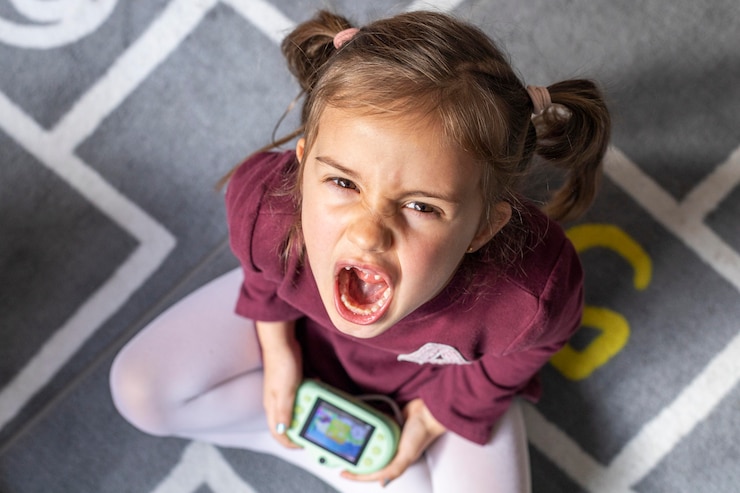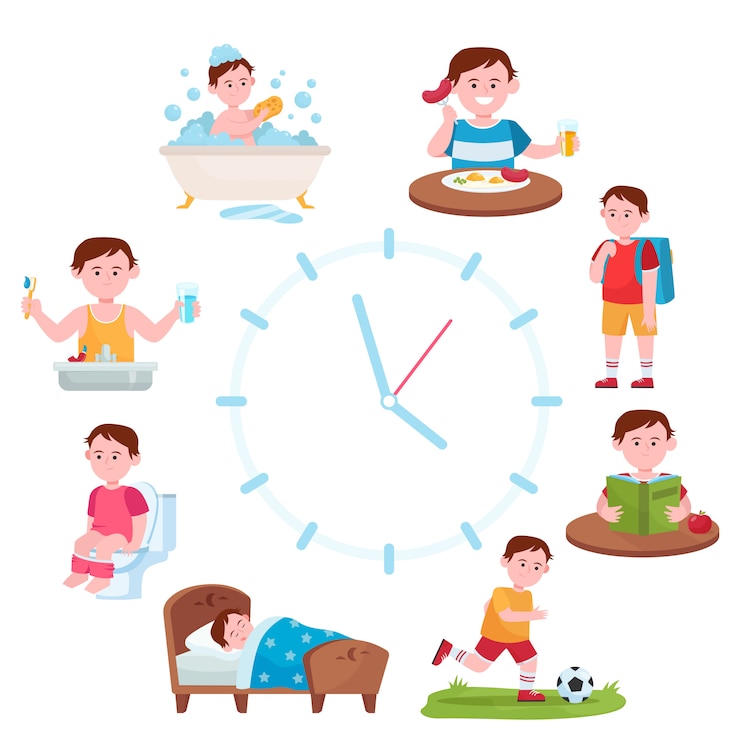
If you’re raising a child who often seems angry, understanding why they feel this way is the first step in helping them manage it better. Even though you can’t always pinpoint the exact cause of every outburst, there are common reasons why a child might struggle with feeling irritable and frustrated.
As a parent, dealing with an irritable child can be overwhelming. Their anger might seem to come out of the blue, and it might feel like nothing you try works. Children may explode with anger when frustrated because they haven’t yet learned how to express their emotions in healthy ways. There could also be deeper reasons behind why your child appears angry so often.
Anger can be deceptive. As a child, I felt inadequate when others around me were angry. During my teenage years, my own anger made me feel strong and in control, and as a parent, anger gave me a sense of order amidst the chaos. In reality, these feelings were just anger’s way of masking deeper pain and helplessness. I realized this truth both as a mental health professional and as a parent of an angry child.
Anger usually hides more than it reveals. Don’t let your child’s anger mislead you—it is their way of protecting themselves. When your child seems defiant or shouts things like “I hate you!”, they usually feel fragile and vulnerable. Anger is not inherently wrong or bad; it’s a survival tool. An angry child isn’t bad. They are just trying to cope in the best way they know how at that moment.
There is always a reason driving a child’s anger, even if parents sometimes react hastily without understanding the root cause. To help a child manage anger in a healthier way, it’s crucial to identify the underlying issues at the heart of these emotions. Understanding what might be triggering your child’s aggressive behavior is crucial to helping them deal with anger more constructively.
While it’s not always feasible to perfectly identify what’s behind every outburst, several common factors can contribute to difficulties in managing anger in everyday life. As parents, you might be aware of physical ‘growing pains’ but might not think about emotional growing pains. Different developmental stages often come with significant brain changes that temporarily hinder self-control and emotional regulation.
Many of us may not realize that children’s anxiety symptoms often resemble anger issues. When a child’s brain is overwhelmed by anxiety, it triggers the ‘fight or flight’ response, leading to increased anger and quick reactions.
Anger can feel powerful, and in today’s world, children often feel they lack control because they spend much of their day following others’ directions. Busy schedules and limited free play can contribute to feelings of frustration. Expressing anger can sometimes be a child’s way of showing they feel powerless.
A child’s need for a warm and connected bond with caregivers is vital. This connection provides security, enabling them to explore and learn. When this need isn’t met, anger might be their quick route to express that unmet need.
Changes and losses are part of life, and with them often comes anger. For young children, even seemingly small changes, like starting preschool, can disrupt their routine and heighten emotions. A child’s heightened emotional state during grief or loss can make it harder for them to access their logical thinking, leading to impulsive anger.
Certain conditions, like ADHD, Autism, or Sensory Processing Disorder, influence how children process and manage anger. These conditions often become apparent at an early age and remain constant through childhood.
Half of a child’s personality is shaped since birth, and some kids naturally face more challenges in adapting than others. Sensitive and spirited children might have to work harder to manage their strong emotions.
The behavior that parents model at home is a powerful influence on children. If anger often controls adult behavior, children are likely to adopt similar coping strategies. What a child observes from adults is a powerful lesson in managing emotions.
Physical factors like low blood sugar, lack of sleep, and other health issues significantly affect mood and behavior. A child’s mental and physical health are closely linked, and everyday changes like better sleep and more outdoor time can improve their mood.
If your child struggles with learning challenges, it can often lead to frustration and anger. When their true abilities don’t align with what’s expected, and the underlying reason is unknown, it creates stress and irritability.
Anger is natural, but when it reaches extreme levels, it places stress on the child and their family. Understanding what might be causing your child’s anger is essential for helping them develop a healthier relationship with their emotions.
Anger can make you feel out of control as a parent but recognize it for what it is—a tool for your child to cope. By understanding its purpose, you can guide your child toward managing anger more successfully. Help them learn to express anger in a healthy, confident way, so it doesn’t control their actions.
If frequent anger issues cause significant stress at school, with friends, or at home, consider seeking help from a mental health professional. Therapy can clarify specific issues and provide lifelong coping skills.
Welcome! I’m Angela, a Licensed Children’s Mental Health Professional and Positive Parenting coach. As a parent, every child should have the chance to live their best life, with emotional health being the key to success and happiness.



